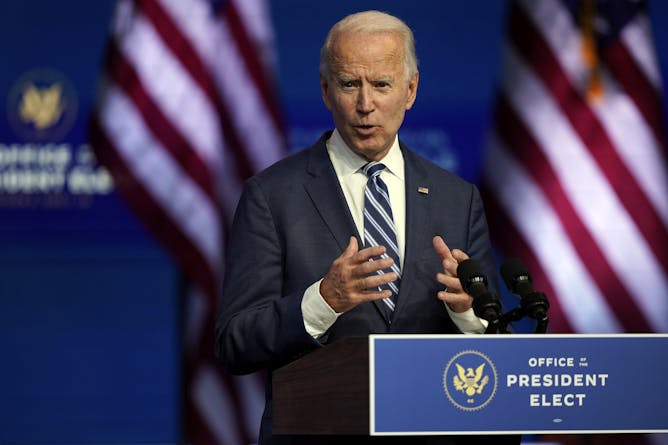|
The men’s health movement "Movember" encourages men to grow moustaches in November to draw much-needed attention to men’s health issues. For example, men in general are less likely than women to seek health care, and have much higher suicide rates than women.
Indigenous men face further barriers to health care as a result of historical injustices and racism, in addition to having fewer services specifically for them. That’s why the success of a grassroots men’s health group primarily serving Indigenous men is remarkable. DUDES Club began 10 years ago at Vancouver Native Health Society. Since then, it has expanded to 40 sites in British Columbia and is now a national model for health, well-being and mental health for all men, with two sites in other provinces.
Today in The Conversation Canada, Indigenous health researcher Lyana Patrick of Simon Fraser University discusses the three-year research project with DUDES Club — and a little help from Movember — that shows how a grassroots project was mobilized to work by, for and with Indigenous men.
Also today:
Regards,
|

DUDES Club members and research team at a retreat in northern British Columbia.
(Jeff Topham)
Lyana Patrick, Simon Fraser University
DUDES Club, with a little help from Movember, has shown how a grassroots health and mental health initiative could be mobilized to work by, for and with Indigenous men.
|

President-elect Joe Biden speaks on Nov. 10, 2020, in Wilmington, Del. Can he bring compassion to foreign policy?
(AP Photo/Carolyn Kaster)
Matthieu Vallières, University of Toronto
It's been said that empathy is Joe Biden's superpower. A therapeutic approach to foreign policy under Biden might go a long way in easing tensions around the world exacerbated by Donald Trump.
|

Over 90 per cent of Canadian doctors see pharmaceutical sales representatives.
(Shutterstock)
Joel Lexchin, University of Toronto; Barbara Mintzes, University of Sydney; Kelly Holloway, University of Toronto; Marc-Andre Gagnon, Carleton University
Patients have a stake the relationship between doctors and pharmaceutical companies, so the CMA's current review of its guidelines for doctor/pharma interactions is everybody’s business.
|

The second wave of COVID-19 requires what’s known as ‘norm entrepreneurs,’ well-known and influential people who can encourage people and businesses to adhere to coronavirus containment measures.
(Patrick Fore/Unsplash)
Bill Bogart, University of Windsor
A chorus of prominent voices that seek to persuade Canadians that COVID-19 compliance is in everyone’s interest.
|

Il est plus fréquent de se déplacer en autobus ou en train pour se rendre au travail lorsque le temps est froid et humide. La proximité avec d'autres passagers pourrait faciliter la transmission du virus.
Shutterstock
Sarah Pitt, University of Brighton
Le temps hivernal nous incite à nous rassembler à l’intérieur, mais il semble que l’air froid et sec contribue également à la propagation des virus respiratoires.
|

Des bénévoles distribuent les denrées de la banque alimentaire de Lagos, à Ikotun, au Nigeria, le 7 juin 2020.
Shutterstock
Diane Alalouf-Hall, Université du Québec à Montréal (UQAM)
La pandémie de Covid-19 favorise le déploiement de l’aide humanitaire locale en raison du retrait d’une partie du personnel humanitaire provenant des grandes ONG internationales.
|
Politics
|
-
Markus Wagner, University of Wollongong
Yes, Trump doesn't like to lose. But his obstruction of the presidential election result has another goal: galvanising his base for the Senate runoff elections in Georgia in January.
|
|
COVID-19
|
-
Lara Herrero, Griffith University; Elina Panahi, Griffith University
The loss of the simple act of hugging has taken a big emotional toll for many people during the pandemic.
|
|
Culture + Society
|
-
Natasha Mikles, Texas State University
Many Indian Americans will be celebrating the festival of Diwali this week. A scholar explains what this festival of lights means – especially in chaotic times.
|
|